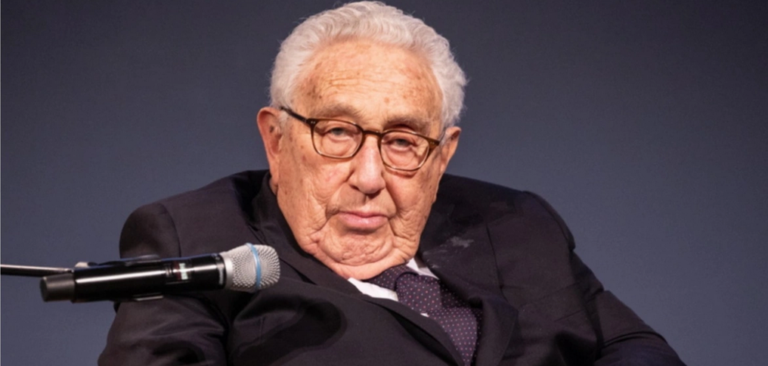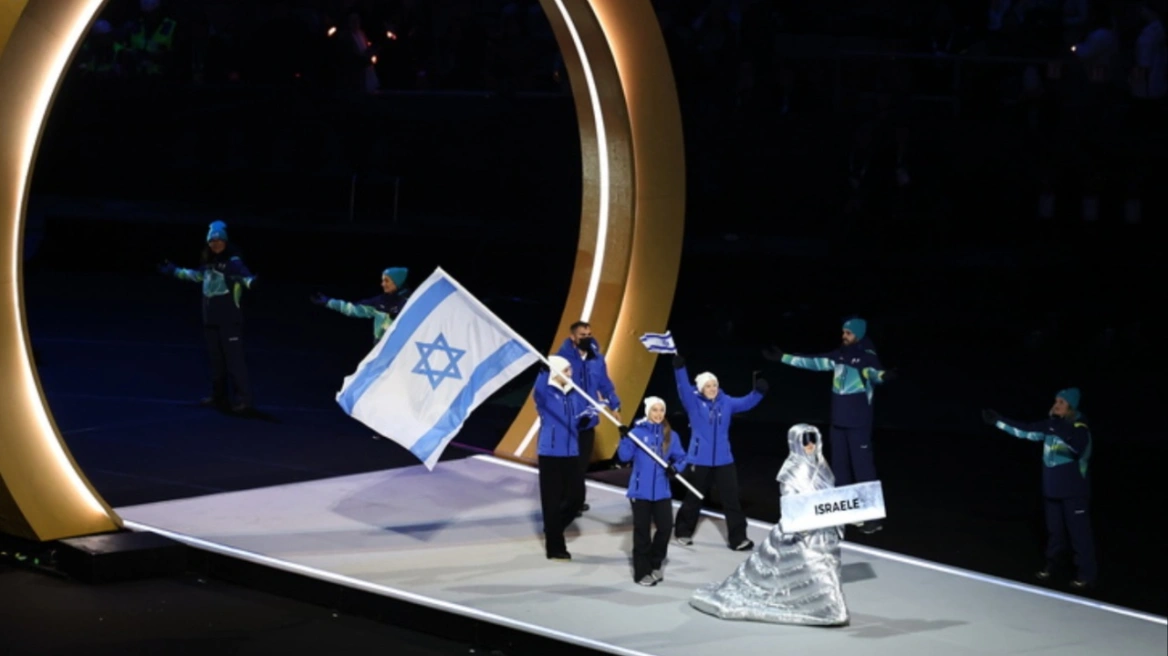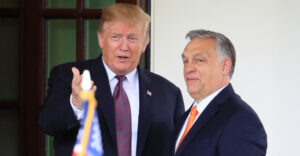The 56th US Secretary of State, Henry Kissinger, died on Wednesday at his home in Connecticut at the age of 100, according to a statement released by the foundation founded by the Nobel Peace Prize winner (1973) and named after him.
Kissinger has been active until the end, attending White House meetings, publishing a book on leadership styles and testifying before a Senate committee on the nuclear threat posed by North Korea.
In July 2023, he made a surprise visit to Beijing to meet Chinese President Xi Jinping.
In the 1970s, he had a hand in many of that decade’s events while serving as Secretary of State under Republican President Richard Nixon.
Kissinger’s influence as the chief architect of US foreign policy declined with Nixon’s resignation in 1974.
However, he continued to be a diplomatic force under President Gerald Ford and to offer strong opinions throughout the rest of his life.
No one else marked American foreign policy in the second half of the 20th century as much as he.
Renowned for his unparalleled negotiating skills, Henry Kissinger also often displayed a penchant for authoritarianism.
The pragmatist politician credited with “American Realpolitik” was always a complex figure, engendering both admiration and hatred.
The coldest place on Earth hasn’t been experienced by humans
His career was full of controversy. The German-born Jewish refugee’s efforts led to China’s diplomatic opening, landmark US-Soviet arms control talks, expanding ties between Israel and its Arab neighbors and the Paris Peace Accords with North Vietnam, which he conducted always in extreme secrecy while Hanoi was being relentlessly bombed, to end the Vietnam War.
The signing of the cease-fire agreement was what the commission cited when it awarded the Nobel Peace Prize to him in 1973. This award will likely remain one of the most controversial in history.
Critics of Henry Kissinger have for years demanded that he be tried for war crimes.
They denounced his dark, not infrequently overt role in decisions such as the massive US bombing of Cambodia, or American support for the Indonesian dictator Suharto, whose invasion of East Timor by his forces killed at least 200,000 people in 1975 or the Turkish invasion of Cyprus that still has the island divided today.
But it was above all the CIA’s action in Latin America, often on his personal orders, that tarnished his image more than anything else; especially the 1973 military coup in Chile, Augusto Pinochet’s seizure of power and death of socialist president Salvador Allende.
Ask me anything
Explore related questions





